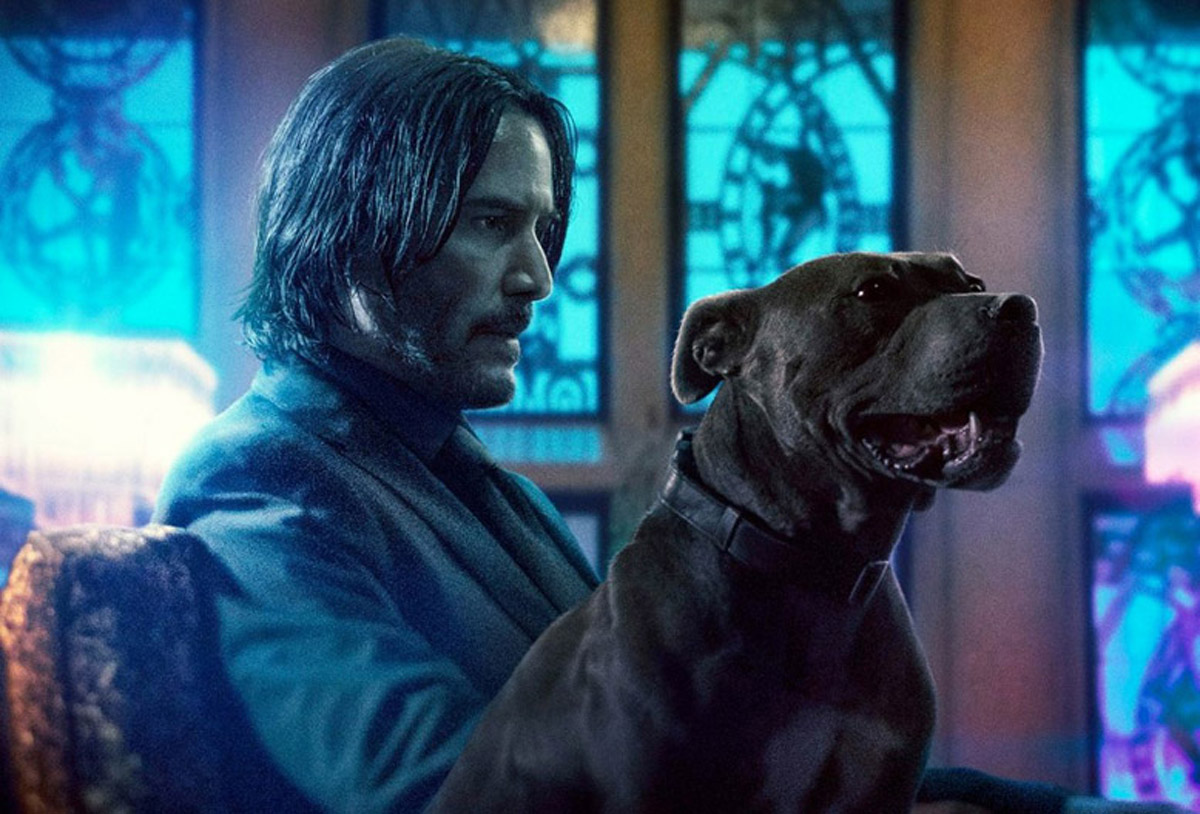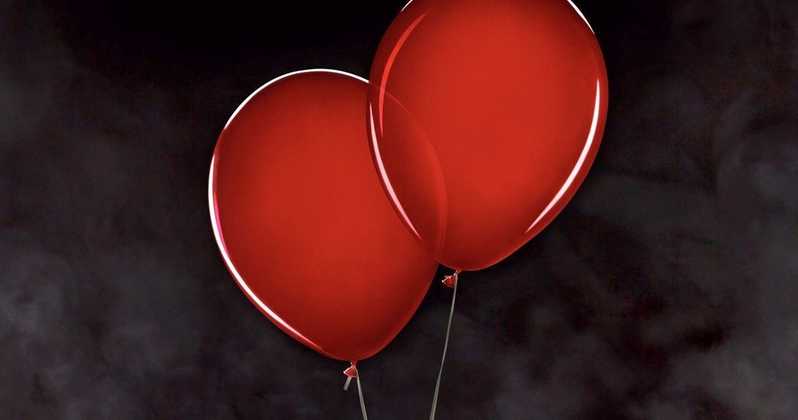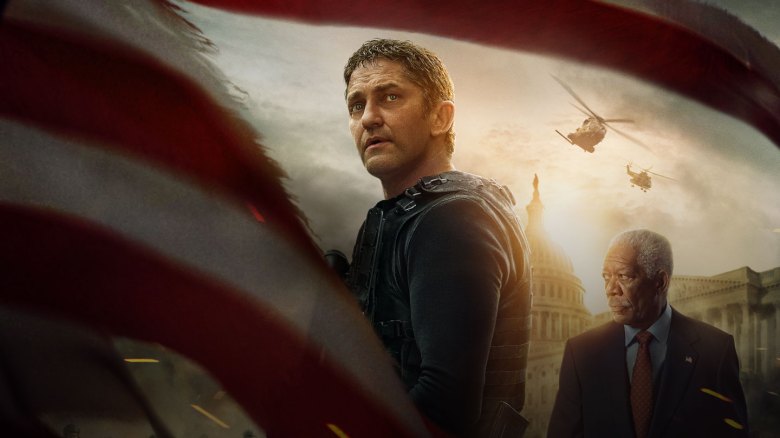Brittany Runs a Marathon
by George Wolf
In a surprisingly touching circle of art and life and imitating, Brittany Runs a Marathon charts its main narrative course with humor, charm and insight, while solid doses of humanity are never out of sight.
It may be the based-on-truth story of a woman taking control of her life, but in the process, it’s also the story of longtime supporting actor not only taking the lead, but literally transforming before our eyes.
Writer/director Paul Downs Colaizzo, a playwright and TV director making his feature debut, drew inspiration from close friend Brittany O’Neil, who got her messy affairs in order by making some big changes.
One of those was a commitment to running, and a goal to complete the New York City marathon.
The film version finds Brittany Folger (Jillian Bell) out of shape and out of sorts. Allowing herself to be used by friends and randos, Brittany is the fat, funny sidekick who uses her quick, caustic wit as a suit of armor.
Early on, Brittany is just the sort of vessel Bell has used to steal big and small screen scenes for years. She nails the setup with hilarity, which isn’t surprising. But the most impressive layer in Bell’s performance is how she ups her game when the laughs don’t come as often, dodging any false notes in Brittany’s wake up call.
We knew Bell could do funny, but this is a performance full of drama that’s equally impressive (if not more).
Credit Colaizzo for some equally deft maneuvering, making sure this is more complex that the standard “get hot to get happy” makeover fantasy you could hardly be blamed for expecting.
Brittany may joke about people who “missed the point of those Dove ads,” but when she tells her attractive friend that “my life is just harder than yours,” it rings with the capital that Colaizzo’s script has earned.
The in-the-moment nods are numerous but not overdone, contrasting Brittany’s self-loathing with the emptiness of comparing real life to social media staging or quick assumptions from afar.
As hard as it is for Brittany to stick with running, dropping the pounds is the easy part. She has to grow emotionally, starting with accepting the fact that she’s worthy of the friendship her running pals (Michaela Watkins, Micah Stock) are offering.
And what’s up with Jern (Utkarsh Ambudkar- terrific), who pulls the night housesitting shift the same place Brittany handles the daytime? Is he stuck in the friend zone? Is she?
Sure, the film has a convenient plot turn or two, but this is some sneaky good crowd-pleasing. Brittany Runs a Marathon ropes you with the comfort of formula, then dopes you with emotional complexities, warm sincerity and a knockout lead performance.
Winner winner sensible dinner.
















